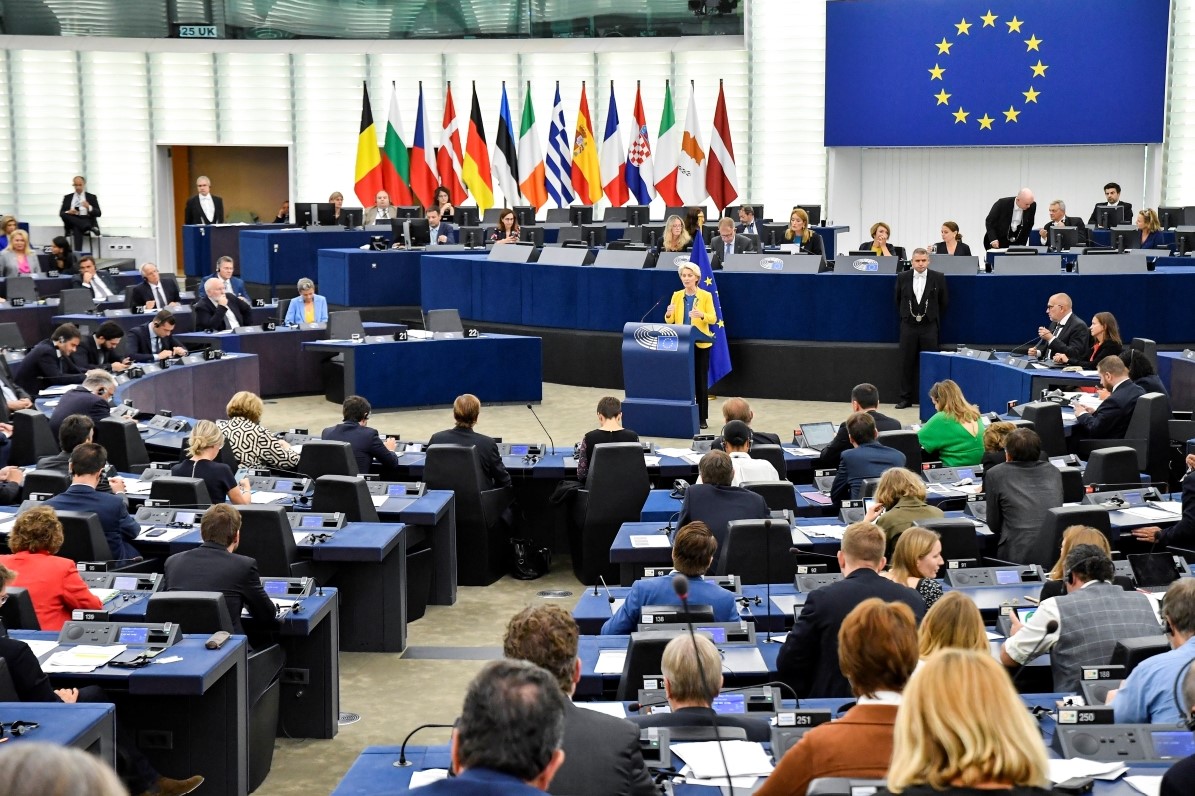The EU’s anti-corruption directive enters a critical juncture

Given the increasing headwinds against global anti-corruption efforts blowing out of the United States in recent weeks, the EU’s commencement of trilogue negotiations regarding its proposed Directive on combating corruption has gone largely unnoticed.
With the US recently indicating its retreat from the global fight against corruption however, by freezing enforcement of the Foreign Corrupt Practices Act and dissolving its kleptocracy units (amongst other things), the stakes surrounding these negotiations have somewhat risen.
Several key issues are due to be discussed in these negotiations that may significantly impact the EU’s ability to tackle corruption for years to come. In the face of these cross-Atlantic headwinds, the finalisation of this Directive is an opportunity for the EU to assert itself as the vanguard in the fight against corruption.
Background: What is the proposed Directive?
As outlined in the draft itself and an accompanying statement, the EU’s proposed Directive represents a push to “modernise” its existing anti-corruption legal framework. Specifically, it seeks to better equip EU Member States to tackle an “evolution of corruption threats” by:
- bringing in stronger rules of accountability for the public sector (e.g. regarding conflict of interest);
- “harmonising” corruption offences and sanctions across the EU; and
- enhancing investigation and prosecution capabilities.
To date, in accordance with EU procedure, the European Commission has put forward their proposed text for the Directive. In response, the European Parliament and European Council have provided amended versions. The three bodies have now entered into negotiations to agree on a final text.
Issues that have been largely agreed so far
Based on synergies between the three versions, the Directive will likely require Member States to introduce a number of corruption offences in their national laws (if they haven’t already done so). These include domestic bribery, both in the public and private sectors, foreign bribery, misappropriation, trading in influence, abuse of functions and obstruction of justice. The proposed Directive will also require Member States to establish a harmonised, proportionate and dissuasive set of sanctions for these offences.
The intention is that this will set a base level for anti-corruption offences across the EU to ensure similar anti-corruption standards are applied in all Member States. Ideally, this will also boost the capacity of EU agencies to investigate and prosecute cross-border cases.
Notably, the proposed Directive will require Member States to introduce criminal liability for legal persons (i.e. companies) for all the offences set out in the Directive. This liability will also apply to situations where a lack of supervision by a person holding a leadership position in an entity resulted in the commission of an offence.
The Directive will also obligate Member States to impose a minimum level of sanctions on legal persons in this context that would include fines based on the legal person’s worldwide turnover. Such liability laws have proven successful in countries that actively target foreign bribery (e.g. the United Kingdom and Switzerland) and would significantly reinforce EU efforts to target similar offending.
Moreover, with respect to ensuring accountability, it is likely that Member States will be required to ensure that the immunity of public officials can be lifted through a clear, impartial and transparent legal process.
Additional issues to be negotiated
While the bulk of the Directive has largely taken shape, the European Parliament has proposed the inclusion of several provisions that will undoubtedly be debated during negotiations.
In our view, these provisions could significantly strengthen the EU’s overall ability to counter corruption and warrant serious consideration.
For example, the Parliament has proposed that the Directive also addresses the risks that illicit political financing poses to democracies. It has recommended including transparency obligations regarding political party funding as well as a new criminal provision addressing illicit political financing. These changes would help reinforce the integrity of electoral processes throughout the EU.
The Parliament has also recommended introducing an obligation that Member States establish effective and transparent processes for non-trial resolutions that can be used to resolve corruption cases involving legal persons. Such non-trial resolutions have proven critical to resolving complex foreign bribery cases worldwide. The United Kingdom has had a significant amount of success using mechanisms in this way. Ironically, so too has the United States. The development of these tools amongst EU Member States would undoubtedly better equip them to tackle similarly complex cases.
Additionally, the Parliament has recommended several key amendments aimed at enhancing the rights of victims and affected communities. The amendments introduce the notions of “public concerned” and “victim” and afford both groups a number of procedural rights, including the right of victims to claim compensation. Victims are often forgotten in the resolution of corruption cases. These new amendments, if included, would represent an important step towards enhancing their ability to be heard and potentially seek reparations. They would also strengthen civil society participation in anti-corruption efforts.
Why does this matter?
The adoption of this Directive is an opportunity for the EU and its Member States to implement a harmonised, comprehensive and enforceable anti-corruption framework that will bolster efforts to target corruption both in domestic and cross-border cases.
It also represents an opportunity to tackle issues that have hampered these efforts in the past, and to bring in new, practical avenues to achieve better results. New rules for the lifting of immunities may finally address some of the challenges authorities face when investigating public officials. The inclusion of liability for legal persons will ensure a wider range of corrupt activities can be targeted and sanctioned in a dissuasive manner. And the enhancement of non-trial resolution frameworks will present a transparent and efficient alternative to trial proceedings.
Finally, the Directive provides a window to achieving a higher level of justice in corruption cases. Recognising that corruption is not a victimless crime and allowing victims and civil society to participate in proceedings is a key acknowledgment of their role in the fight against corruption. Furthermore, establishing rights for victims will close the gap on their standing in corruption cases and pave the way for effective compensation.
The global anti-corruption fight is entering an undoubtedly uncertain era. The outcome of the negotiations on these key issues is a defining moment and will reveal how willing the EU is to take the lead to navigate these tumultuous times.




